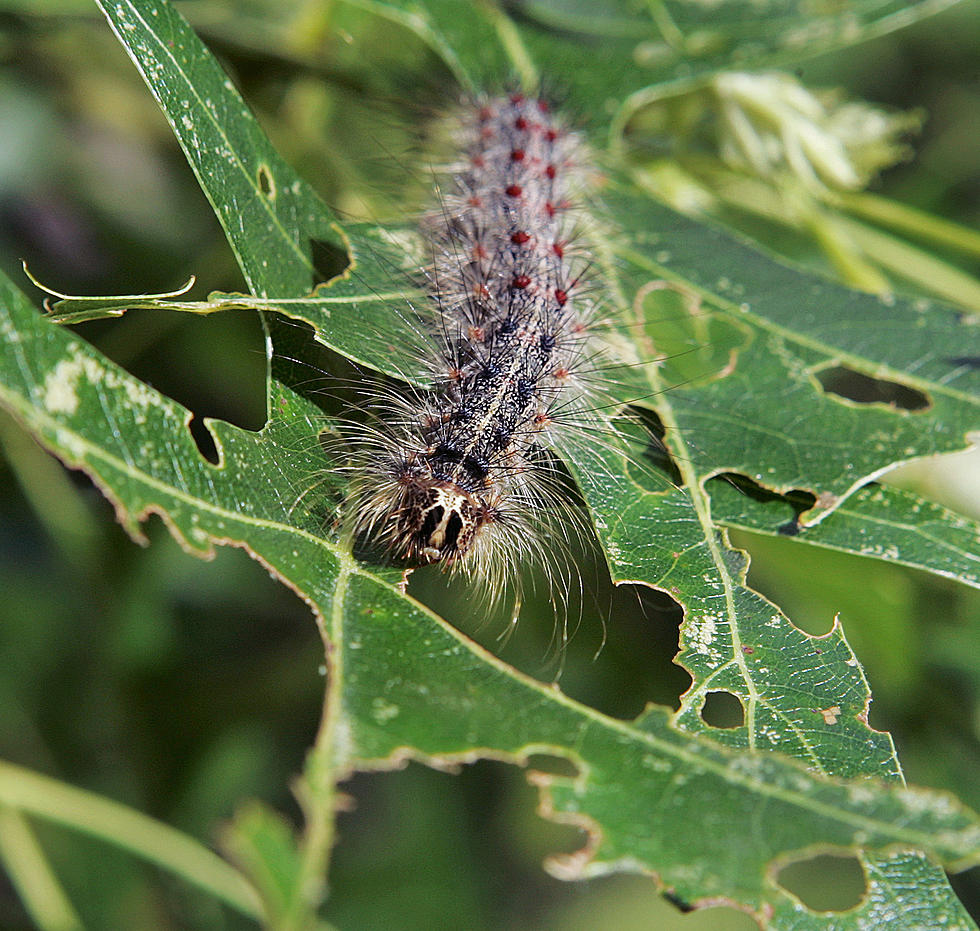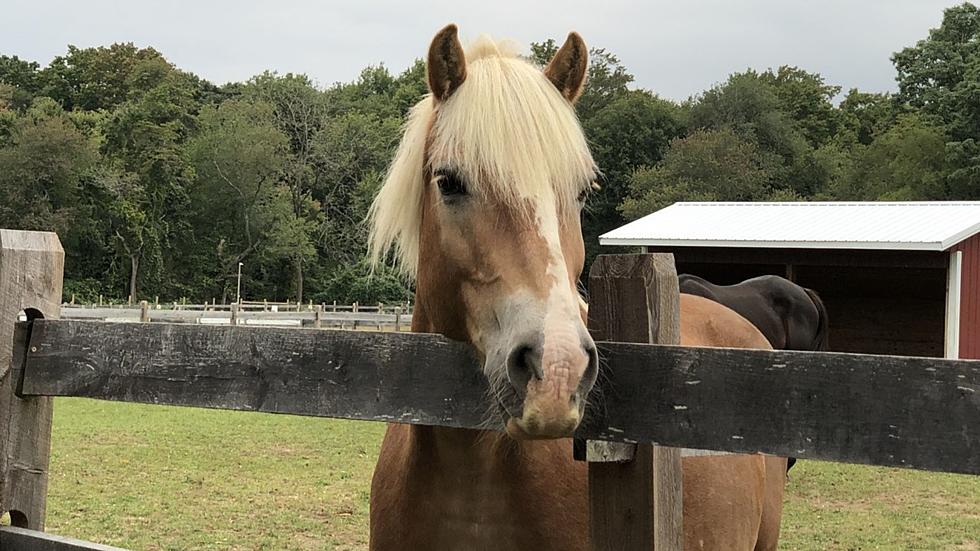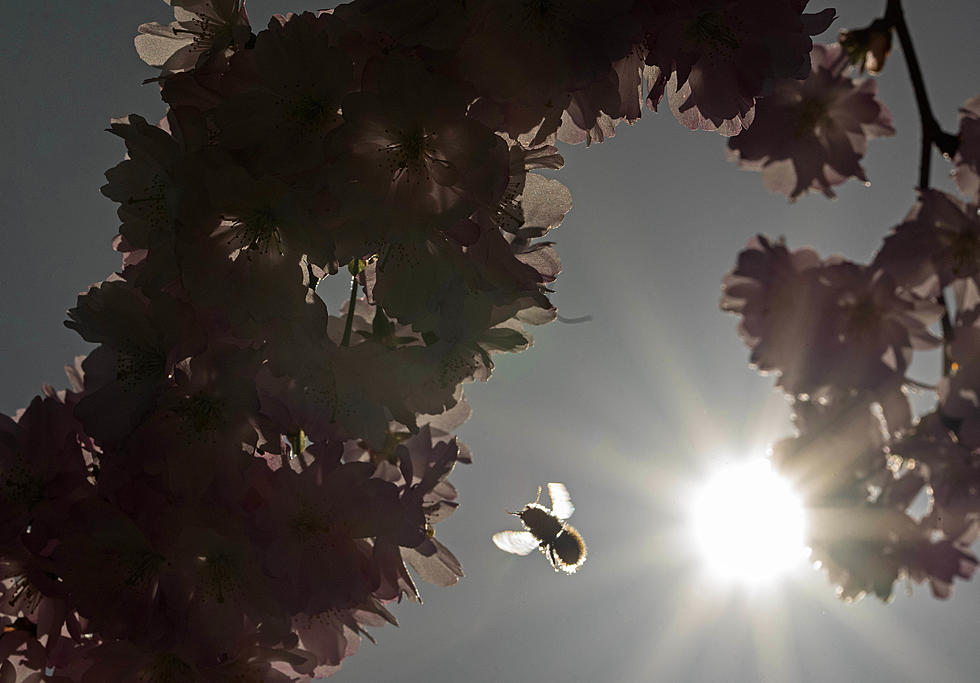
NJ says 2 counties should be sprayed for tree-killing caterpillar
New Jersey in 2022 is trying to get ahead of population outbreaks of the gypsy moth caterpillar, following a few quiet years for the tree-killing pest.
The New Jersey Department of Agriculture has proposed treating approximately 5,000 acres of residential and county-owned properties this year. The NJDA held an informational session in Ewing on Wednesday to outline its 2022 Aerial Gypsy Moth Suppression program, the product of egg mass surveys that were conducted from August to December of 2021.
"The treatment program has proved very effective during the last several years and has significantly decreased the gypsy moth caterpillar populations across the state," said New Jersey Secretary of Agriculture Douglas Fisher. "By treating these areas now, we can prevent this insect's spread and keep the populations at a minimal levels for the years to come."
Less than 200 acres were recommended for treatment last year, and no areas of the state were recommended for treatment in 2019 and 2020. Approximately 4,000 acres of properties in Burlington, Morris, Passaic, and Warren counties were flagged as problem areas in 2018, a reduction of about 80% compared to 2017.
"We have seen rapid population collapses since '89," said Joe Zoltowski, director of NJDA's division of plant industry.
Those collapses are not only due to effective treatment, Zoltowski noted. Fungus in the soil, which is more prominent following a wet spring, can kill the caterpillars as well.
For 2022, the Department is recommending treatment in seven municipalities in Burlington County and Cape May County. But participation in the program is voluntary — if the towns agree, treatments will take place in May and June, according to NJDA.
Planes fly at treetop level to disperse the treatment, Zoltowski said. NJDA and the Department of Environmental Protection use the biological insecticide Bacillus thuringiensis.
"We only spray when the caterpillars are very weak and small," Zoltowski said. "It has to be ingested by the caterpillar to affect them."
An otherwise healthy tree can be killed by two to three consecutive years of significant defoliation caused by the gypsy moth caterpillar, NJDA said. While gypsy moths prefer oak trees, the caterpillars can be found feeding on almost any tree in the vicinity.
Contact reporter Dino Flammia at dino.flammia@townsquaremedia.com
Counting down New Jersey's top 15 weather stories of 2021
Nasty NJ town nicknames — Have you heard of them?
More From 94.3 The Point










